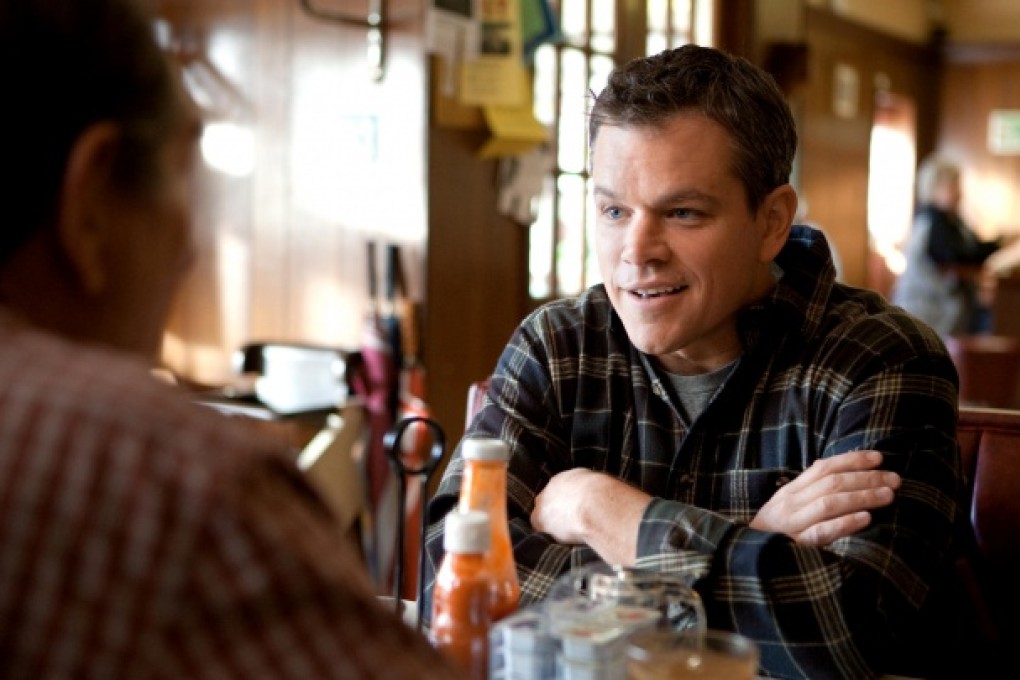Fracks and friction
Activists have attacked the environmental message of Promised Land. But as James Mottram discovers, there's more to the film than politics


"The stakes are so incredibly high and people are divided about it," says the 42-year-old Hollywood star, who is all too aware that in upstate New York this January, a billboard was erected by Phelim McAleer, director of the pro-fracking documentary FrackNation, to debunk myths he felt were perpetuated by the film.
In the film, directed by Gus Van Sant, Damon plays Steve Butler, a so-called "land-man" for a US$9 billion energy company who arrives in the fictional farming town of McKinley to convince the residents to lease their land for drilling rights.
But led by eco-activist Dustin Noble (The US version of The Office's John Krasinski), the locals are made to consider the consequences - not least that of fracking, which sees a pressurised mix of chemicals, sand and water pumped into the ground to release the gas, is believed by some to be detrimental to the environment.
While those who are for fracking believe it offers cash-strapped communities an economic lifeline, there are alternative views, with some believing that residential water supplies can become flammable in the wake of the process. Not that McAleer believes this. In big, bold letters, his highway billboard read: "Matt Damon: the water has been on fire since 1669." The message being that natural gases, such as methane, have been causing this phenomenon long before fracking was invented. Other pollution cases, he says, have been fabricated by anti-fracking activists.